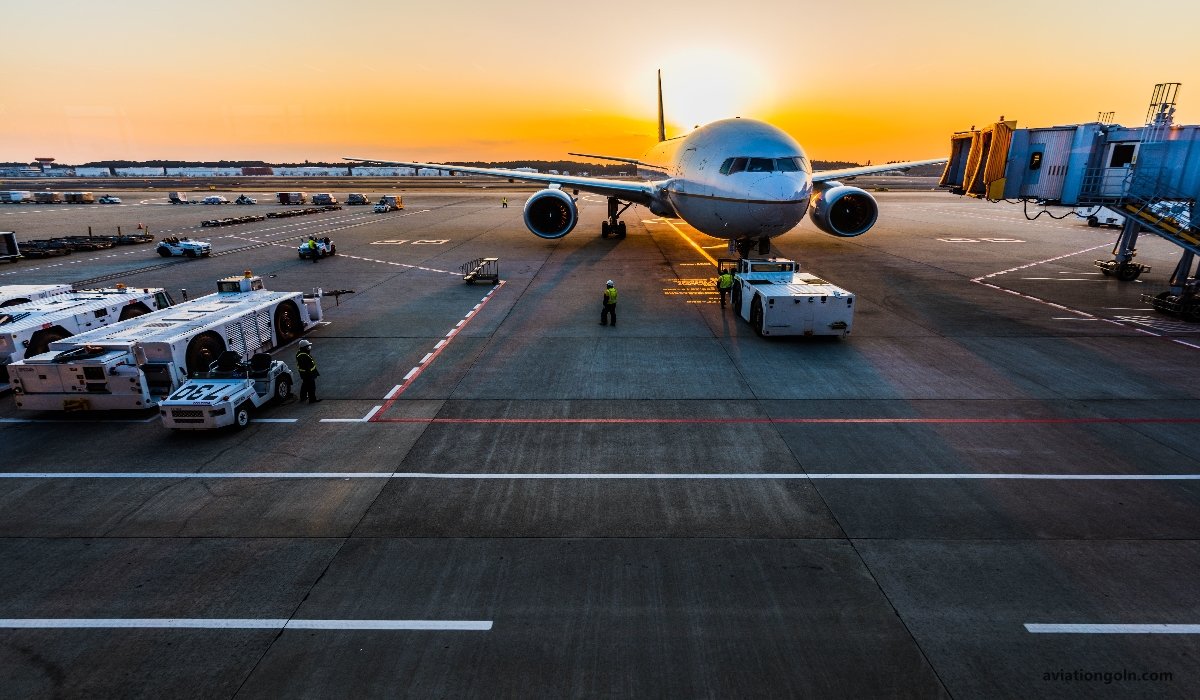Role of Travel Agencies and Online Travel Platforms: The travel industry has witnessed significant transformation over the years, from traditional travel agencies to the rapid rise of online travel platforms. As distribution channels for vacation packages, hotel bookings, flights, and more, these intermediaries play a pivotal role in shaping the way consumers travel today. This article delves into the roles of travel agencies and online platforms, focusing on their contributions as distribution channels and their impact on sales.
Role of Travel Agencies and Online Travel Platforms

1. Historical Perspective
In the pre-internet era, travel agencies held sway as the primary channels for booking travel. With an intimate knowledge of destinations, connections with hotels and airlines, and expertise in crafting tailored travel experiences, these agencies were indispensable to the traveler.

2. The Digital Shift
With the proliferation of the internet, online travel platforms emerged, offering a new way to explore, plan, and book trips. These platforms, like Expedia, Booking.com, and Airbnb, provide a digital interface for users to compare prices, read reviews, and make instant reservations.

3. Role of Traditional Travel Agencies
a) Personalized Services: Unlike online platforms where the traveler self-services, travel agencies provide a one-on-one experience. Agents assess the needs and preferences of travelers to offer customized packages.
b) Expertise and Insight: Experienced travel agents offer insights into local cultures, the best times to visit destinations, and even hidden gems not always listed online.
c) Comprehensive Packages: Many agencies offer packages that include flights, hotels, transfers, and tours, simplifying the travel process for tourists.
4. Role of Online Travel Platforms
a) Convenience: One of the most significant advantages is the ability to book anytime, anywhere. With mobile apps and user-friendly websites, travelers can finalize their plans on the go.
b) Comparisons: Online platforms often allow users to compare prices across various hotels, airlines, or rental agencies to find the best deals.
c) Reviews and Feedback: Most platforms feature user reviews, giving potential travelers a sense of what to expect.
d) Diverse Offerings: From luxury hotels to quaint bed-and-breakfasts or even local homes, online platforms offer a wide range of accommodation options.

5. Distribution Channels: A Deep Dive
Travel services providers, such as hotels and airlines, leverage both travel agencies and online platforms as distribution channels to maximize reach.
a) Global Distribution Systems (GDS): These are vast, computerized networks established to provide travel-related transactions between service providers and travel agencies. Systems like Amadeus, Sabre, and Galileo allow travel agents to access real-time inventory of airlines, hotels, car rentals, and more.
b) Direct Channels: Service providers, like hotels or airlines, often sell directly through their websites. This approach eliminates commission paid to intermediaries and allows for direct communication with travelers.
c) Online Travel Agencies (OTAs): Platforms like Expedia or Kayak aggregate offerings from various providers, allowing travelers to book flights, hotels, and other services on one platform.

6. The Sales Impact
a) Wider Reach: Both travel agencies and online platforms amplify the reach of service providers, making them accessible to a global audience.
b) Seasonal Boost: Travel intermediaries can help mitigate the seasonality of the travel industry. By promoting off-season deals or special packages, they can drive sales even during typically slow periods.

c) Dynamic Pricing: Online platforms often utilize dynamic pricing, where prices fluctuate based on demand, competition, and other factors. This model can maximize revenue for service providers.
d) Enhanced Occupancy and Utilization: Especially for hotels and airlines, intermediaries ensure higher occupancy rates and seat utilization through last-minute deals, discounts, or package offerings.

7. Challenges and Critiques
a) Commission Costs: While OTAs drive sales, they also charge service providers commissions, which can sometimes be significant.
b) Over-dependence: A heavy reliance on third-party platforms can diminish direct bookings, leading to reduced profit margins for service providers.
c) Competition: The digital space is rife with competition. With several platforms and agencies offering similar deals, differentiation becomes a challenge.

8. Future Trends
a) Blending of Services: Many traditional travel agencies are adopting digital tools, while online platforms are offering personalized consultation services.
b) Sustainable Travel: With a growing emphasis on sustainable tourism, both agencies and online platforms are curating eco-friendly and responsible travel packages.
c) Virtual Reality (VR) and Augmented Reality (AR): These technologies offer potential travelers a ‘try before you buy’ experience, where they can virtually explore destinations or accommodations before booking.

The evolution of travel distribution channels has been shaped by technological advancements, changing consumer behaviors, and the dynamic nature of the travel industry itself. Both traditional travel agencies and online travel platforms hold unique value propositions. Their continued relevance depends on their ability to adapt, innovate, and offer value to both service providers and travelers.
In the ever-evolving travel landscape, one thing remains constant: the quest for unforgettable experiences. Whether through a bespoke package curated by a seasoned travel agent or a DIY itinerary crafted on an online platform, the end goal is a satisfied and inspired traveler. The harmonious collaboration of these intermediaries ensures the continued growth and vibrancy of the travel industry.
